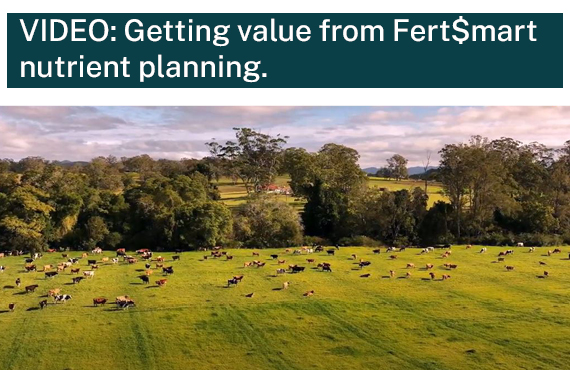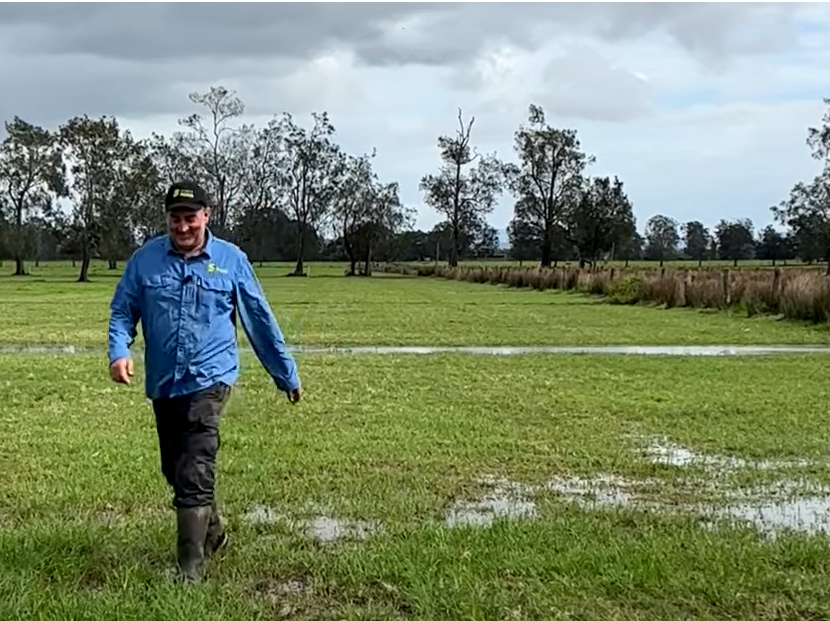Clean coastal catchments on-ground
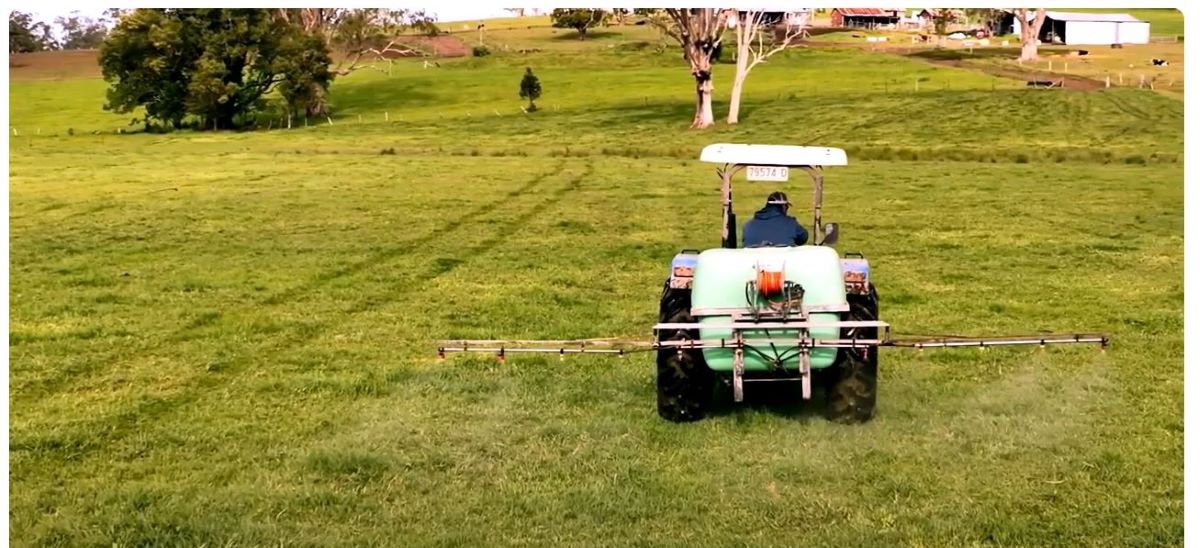
Overview
Why is this project important?
Nutrients and sediment entering waterways from agricultural or horticultural land can impact the water quality of our rivers, estuaries and ocean.
This can lead to overgrowth of water plants, reduced dissolved oxygen and algal blooms in adjoining waterways.
The Clean Coastal Catchments on-ground project helps landholders in agricultural industries to implement nutrient management activities and other works that improve water quality by reducing losses of nutrient and sediment from farms.
The team is working with primary producers to:
- identify and implement nutrient management practices
- undertake riparian improvement works with the provision of riparian plants, off-stream watering and fencing to reduce livestock access to waterway
- develop Management plans for works to be undertaken under this program.
Project works are co-funded by participating landholders.
What are we doing?
Clean Coastal Catchments on-ground activities are currently running in the South East, North Coast and Hunter regions.
Check out these case studies to see what we have achieved with primary producers, as part of this project:
Get involved
If you are a landholder interested in getting assistance to manage nutrients and reduce the risks to the water quality of your nearby waterways or improve the health of the riparian vegetation on your property, contact your LLS regional officer or email mems@lls.nsw.gov.au
Supported activities include:
- implementing on-ground works to keep sediment and nutrients on farm and out of waterways
- projects to reduce water use, reduce nutrient and chemical run-off
- projects to repair soil erosion and improve riparian buffer vegetation.
NORTH COAST
North Coast Local Land Services are working with protected and non-protected crops including but not limited to commercial blueberry, rubus and vegetable growers to make their operations more environmentally sustainable.
To find out more or apply, contact Harriet Brickhill, North Coast Senior Land Services Officer, harriet.brickhill@lls.nsw.gov.au or 0467 446 222.
Keep an eye out for our grower events and any funding opportunities as they open.
HUNTER
Hunter Local Land Services are working with dairy farmers to manage nutrient and sediment runoff from farms in the coastal catchments of the Manning River. Participating farms undertake a nutrient management assessment (through Fert$mart) and priority areas are identified for improvements with financial assistance.
Check out these case studies and videos to see some of our work in the Hunter area:
To find out more or apply for your farm to participate, contact Peter Beale, Hunter Senior Land Services Officer, peter.beale@lls.nsw.gov.au or 0427 007 468.
SOUTH EAST
South East Local Land Services are working with dairy and beef farmers, as well as horticultural growers to better manage nutrient and sediment runoff from farms in priority coastal catchments located in Kiama, Shoalhaven, Eurobodalla and Bega Valley Local Government Areas.
To find out more or apply contact Leanna Moerkerken, South East Senior Land Services Officer, leanna.moerkerken@lls.nsw.gov.au or 0427 291 798
Related projects
Clean Coastal Catchments on-ground is one of four Local Lands Services projects funded under the Marine Estate Management Strategy to improve water quality of targeted coastal rivers.
Related Local Land Services projects include Improving roads and tracks, Riverbank stabilisation and Riverbank vegetation improvements.
You can also find out more about these projects on the LLS website.
Locations
DPI Wollongbar Primary Industries Institute
Richmond River region
- Work with macadamia farmers on fertigation trials, erosion mitigation research, and water and nutrient monitoring
- Incentives for on-ground action to reduce sediment loss from macadamia farms
Coffs Harbour region
- Work with blueberry and vegetable farmers including research into erosion mitigation, and water and nutrient monitoring on farms and in greenhouses
- Demonstrations of fertigation and water recycling in blueberry orchards
- Incentives for on-ground action to reduce nutrient and sediment loss from blueberry farms
Local government areas - Ballina Shire Council, Bega Valley Shire Council, Eurobodalla Shire Council, Kiama Municipal Council, Lismore City Council, MidCoast Council, Shoalhaven City Council
Lead agency
Department of Primary Industries - Agriculture
Partners
We are working with a variety of primary producers (such as beef, dairy and horticultural) as well as private and public land managers interested in improving bankside vegetation and reducing sediment and nutrient loss into the Marine Estate.
More information
- Clean Coastal Catchments website - for information and updates about the project.
- New fertiliser guidelines for blueberry growers - for use by Australian growers in the blueberry industry.
- Macadamia integrated orchard management practice guide 2016 - for advice on best practice management of macadamia orchards.
- Berry plant protection guide - for up-to-date information on pest and disease management in berry crops.
News
Tilba Tilba: a community partnership
Our Initiatives
Contacts
Project updates
Grants available for horticulture to keep nutrients on-farm
30 November 2020

Cleaner greener cucumbers and catchment success
11 August 2023
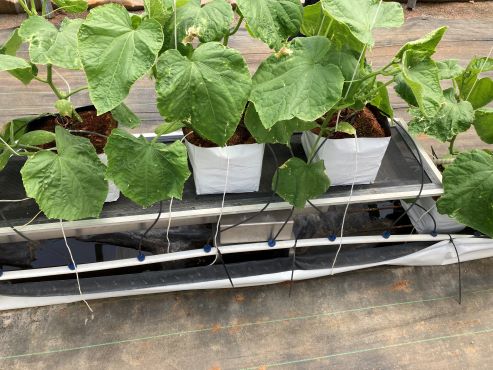
Dairy pasture trial puts nitrogen to the test
14 March 2024
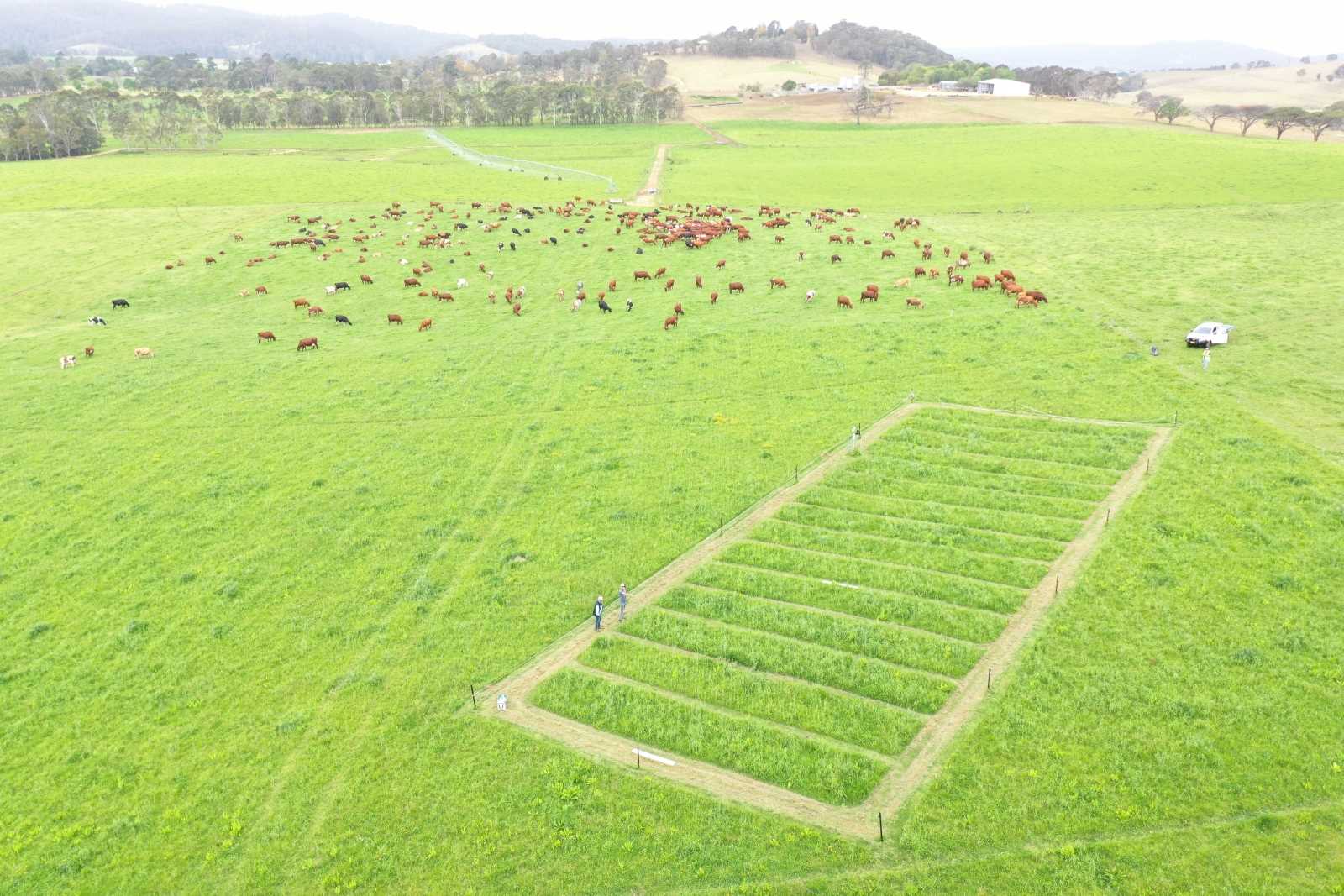
Fertilising smarter reaps rewards for Wingham dairy farmers
25 September 2023
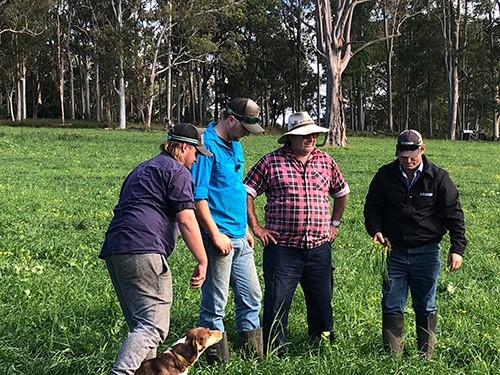
Cooperation is key to Richmond River projects
18 December 2019
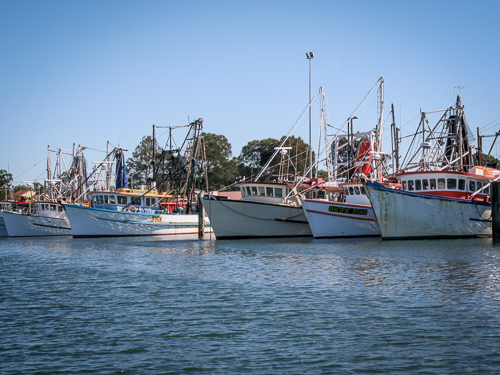
Tilba Tilba: A community partnership
15 February 2021

